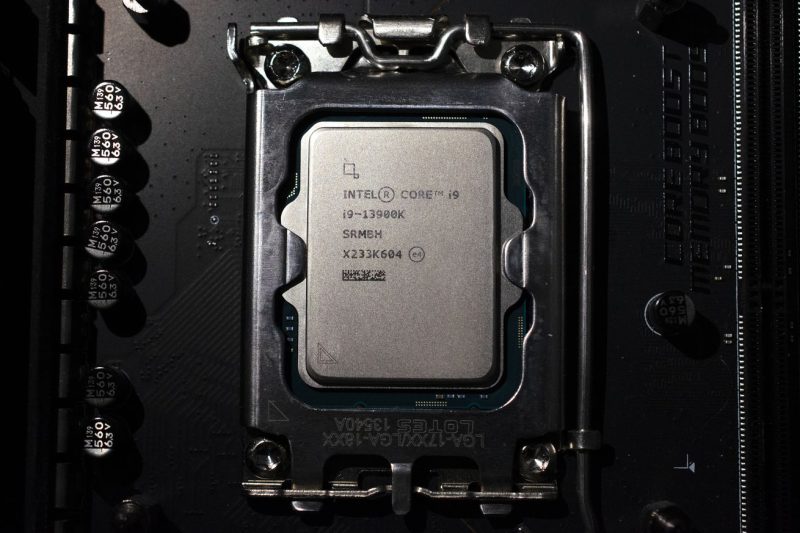In a recent Intel update, the company has acknowledged the persistent issues with its i9 desktop chips. Despite extensive efforts to resolve the problem, Intel has confirmed that it still does not have a definitive solution for the crashing experienced by users of the i9 processors. This ongoing challenge has raised concerns among consumers and the tech community, prompting questions about the quality control processes and transparency of the semiconductor giant.
The i9 desktop chips were designed to be high-performance processors catering to demanding user needs, including gamers, content creators, and professionals requiring powerful computing capabilities. However, reports of system crashes and instability have plagued these CPUs since their release, leading to frustration and disappointment among users who expected uncompromised performance from Intel’s flagship products.
One of the key concerns raised by users is the impact of these crashes on their productivity and overall user experience. Unpredictable system failures not only disrupt workflow but also pose a risk of data loss and system damage, further compounding the issue. Despite numerous firmware and software updates aimed at addressing the problem, Intel’s admission that a permanent fix is still elusive raises doubts about the company’s ability to deliver reliable products to its customers.
Intel’s response to the i9 desktop chip issue underscores the complexities involved in identifying and rectifying hardware-related issues in a timely manner. The company’s commitment to resolving the crashing problem is commendable, but the prolonged nature of the problem suggests deeper underlying issues that may require more extensive measures to mitigate effectively.
The lack of a definitive fix for the i9 desktop chips highlights the importance of rigorous testing and quality assurance protocols in the semiconductor industry. As consumers increasingly rely on cutting-edge technology for their everyday tasks, the need for robust and reliable hardware solutions cannot be overstated. Intel’s handling of the i9 desktop chip problem serves as a reminder of the challenges companies face in delivering flawless products in a highly competitive market.
Moving forward, it is crucial for Intel to prioritize transparency, communication, and customer satisfaction in its efforts to address the i9 desktop chip crashing issue. Clear and timely updates on the progress of finding a permanent solution are essential to maintain trust and credibility among users who have invested in Intel’s high-end processors. By openly engaging with the community and actively seeking feedback, Intel can demonstrate its commitment to upholding quality standards and ensuring a positive user experience for its customers.
In conclusion, Intel’s admission that it still does not have a true fix for the crashing i9 desktop chips underscores the complex challenges associated with hardware reliability and product support in the tech industry. As Intel continues its efforts to resolve the issue, it is imperative for the company to prioritize customer satisfaction and transparent communication to address user concerns effectively. Only by demonstrating a genuine commitment to quality and reliability can Intel regain consumer trust and uphold its position as a leading provider of high-performance computing solutions.

